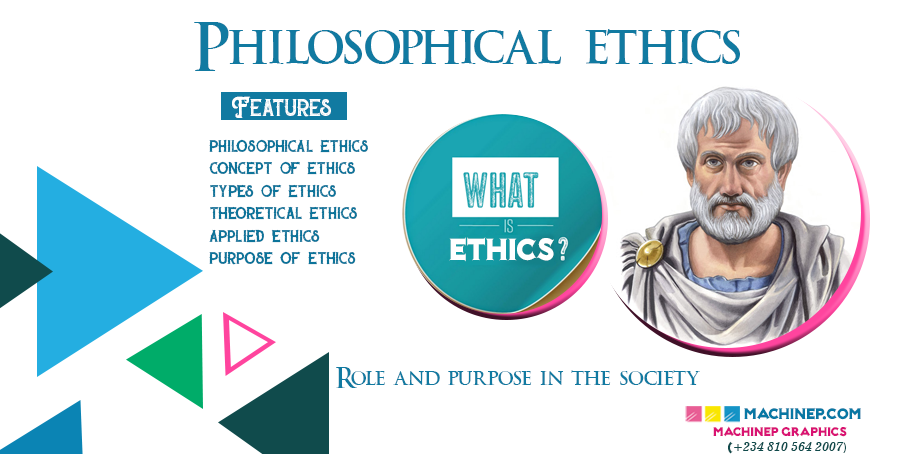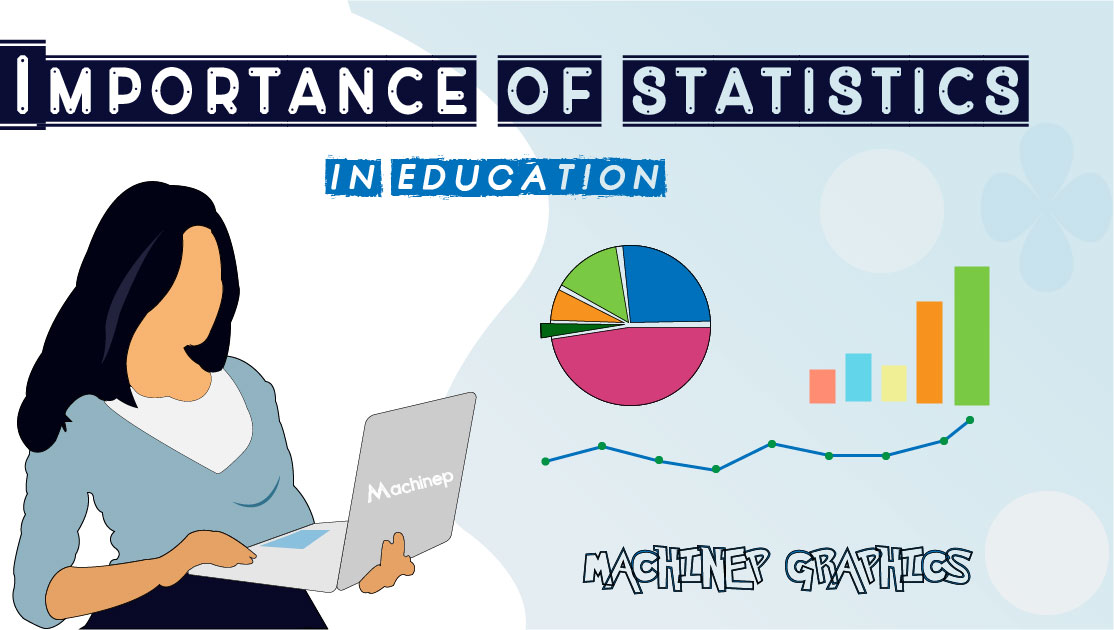Introduction to Ethics
Ethics is commonly defined as the sign that indicates what man has to do in order to be good, that is, worthy of being human. It is a science of what man has to be; this is because moral life is not only doing what in its strict sense but also in being in his entire existence, the ultimate ethical concern is, how should we be?
What must we do to realize fully our human personality? This is the fundamental question of philosophical ethics. While other animals are simply trained to adapt, man is different from animals because of ethics, value, and aesthetics (i.e. beauty), this is because man is a valuing animal.
He cherishes, appreciates, wants, desires, and needs certain things. For instance, we value education and pursue it as an intrinsic value, that is, value for its own sake and for instrumental purposes (intrinsic value is something that has value in itself, for instance, Education- on the other hand, money has an instrumental value). For the material benefits it offers man in terms of social mobility, status, and salary, these things make meaning only to axiology and its component, that is aesthetics, morality, ethics, and their bearing to man.
Comprehensive Definitions of Freedom in Ethics | Notable Philosophers
Ethics is a normative science of human conduct, it tells you what you should do in order to be a good person. A science that gives you norms on what you have to do, it describes the way things ought to be, equating ethics with logic, we can say that it is the science of right conduct. The concept of man reveals that man is a rational animal capable of human desires, emotions, attitudes, and passions.
Philosophers are divided on whether morality is a function of reason or a function of passion. According to Omoregbe 1993, on his contemporary morality, ‘some argue that while it is the function of reason or passion, However, both morality and passions are innate in man, man is the only being that combines both, hence moral sphere is uniquely human, man is, therefore, a harmonious blend of passions and reason, why is it harmonious? Passion is part of man, while not denying it, we cannot allow the passion.
The Concept of Ethics
Ethics is the most important and functioning branch of philosophy today. In general, ethics is moral philosophy. The term ethics is derived from the Greek term Ethos which means custom or character, hence our human values and virtues. Therefore, our actions and our experiences in everyday life are the subjects of ethics. In other words, ethics is the study of what is wrong and what is right. Good-evil, right- wrong, virtue – vice, justice, and injustice are some ethical concepts. Ethics is divided into two parts: theoretical ethics and applied ethics.
Theoretical Ethics
Theoretical ethics includes normative ethics, descriptive ethics, and Meta-ethics. Normative ethics is the study of what makes actions right and wrong. Meta-ethics is about the theoretical meaning and reference of moral propositions. Descriptive ethics is about facts. It examines ethics from observations of actual choices made by moral agents in practice.
Applied Ethics
Applied ethics refers to professional ethics, such as Medical ethics, Political Ethics, Business Ethics, and other professions. Applied ethics examines the particular ethical issues of private and public life. Professional ethics is one of the essential branches of applied ethics. In general professional ethics can be defined as standards or codes to provide people with guidance in their professional lives. In general, there are four basic principles in ethical codes: Honesty, Confidentiality, Conflict of interest, Responsibilities.
The Purpose of Ethics
Ethics is a systematic study of the norms of human behavior. The purpose of studying these norms is to ensure that human behavior conforms to them, the study of ethics can be compared to the study of Logic, the study of Logic helps one to think more correctly and avoid fallacies.
The study of theology helps one to deepen one’s religious outlook, the same applies to Ethics, and the study of ethics helps one to elevate one’s moral standard. The study of ethics should enable us to see the effect in our conduct and other people’s conduct, it helps us to live in a normative way and to understand the exact nature of things, to be able to set things in our conduct and make profitable suggestion to others.
We compared ethics to logic, but it does not follow that the study of logic is a precondition for correct reasoning. Just like the study of Ethics won’t be a reason for not behaving correctly. For philosophers have said that knowledge is virtue and ignorance is vice- Plato, those who err, for ignorance. –Socrates’ ethics as we have seen is a study of human action, it is concerned with what is good as distinct from what is bad, what is duty, and obligation. Right and wrong.
Ethics is related to education, thus the saying of Plato, knowledge is virtue and ignorance is vice. In this way we can say that ethics is related to education because ignorance of it is bad, we educate man to enable him to understand the negative and positive aspects of life and be responsible for any of them. This is because Socrates and Plato argued that ignorance is the mal-behavior.
The knowledge of ethics helps us to unveil ourselves from the darkness of ignorance, man, as we saw earlier, needs education, this makes him more to live by certainty than by chance, it enables man to control his environment through his interaction to suit his purposes; since man is capable of doing good or bad, he needs to be prepared to do good at all times through education on ethics, this is what makes education a value-laden enterprise because it aims at the betterment of man in order to live better in the society.






I’ve recently started a project, the information you offer on this web site has helped me greatly. Thank you for all of your time & work.
Heya i am for the first time here. I found this helpful, and it aided me in my school projects.
Thank you for your post. I really enjoyed reading it, especially because it addressed my issue. It helped me a lot and I hope it will help others too.
Thank you for writing so many excellent articles. May I request more information on the subject?
Thank you for writing the article. I like the topic too.
Incredible!
Nice contribution to genuinely take useful data concerning my study and knowledge
You need to be a part of a contest for one of the most useful blogs on the net. I’m going to highly recommend this site!|
You’re amazing, Ellis.
Spot on with this write-up.
Nice explanation.
I believe what you typed was actually very logical. However, what about this? what if you wrote a catchier post title? I ain’t saying your content is not solid., however what if you added a headline that grabbed folk’s attention? I mean BLOG_TITLE is a little vanilla. You ought to look at Yahoo’s front page and watch how they create news titles to grab viewers to click. You might add a video or a related picture or two to get readers excited about everything’ve got to say. Just my opinion, it could make your blog a little livelier.|
Hi Eva. Thanks for your observation and contribution. I’ve noted your points and our team will work towards modifying that.
very nice put up, i definitely love this website, keep on it
Excellently written, tnks.
I truly appreciate this article post. Much thanks again. Really Great.
Thanks for the rich content… I enjoy reading Philosophy contents because I am a Philosophy Student
perfect